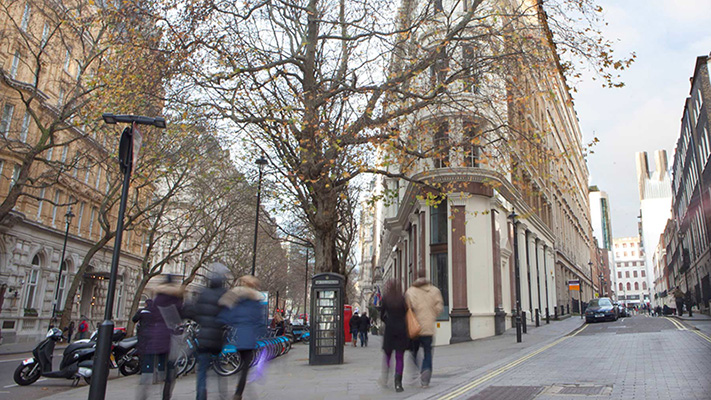
Discretionary Trusts and Business Property Relief
The tax cost arising on settling assets into a discretionary trust severely inhibits the use of those trusts in passing wealth on to future generations. However, there are circumstances in which assets can be transferred to the trust with no tax charge on the settlement, and in these circumstances the advantages of using the trust as a wealth protection / preservation vehicle can be useful.
The tax charges that arise on making a settlement into a discretionary trust are often most significant for capital gains tax and inheritance tax. Broadly speaking the settlement of assets into a trust is a disposal by the settlor and therefore a chargeable transfer for capital gains tax purposes, but also there is a lifetime charge to inheritance tax at the rate of 20%.
Example
Sophie is in her mid-fifties and has recently become a grandparent to twins. She has been a successful entrepreneur and has both a successful business and an investment portfolio created from the proceeds of the sale of a previous business. Sophie would like to set aside some funds for the future benefit of her grandchildren, but does not wish to give them wealth outright from birth. Sophie has previously created a discretionary trust for her daughter into which she put an amount equal to her nil rate band (currently £325,000).
If Sophie were to transfer £1m of her stock market portfolio into the new discretionary trust for her grandchildren then she would pay inheritance tax of £200,000 on the stocks transferred, plus any capital gains tax arising on the disposal of the stocks at their market value at the date of transfer. Sophie considers this too expensive in terms of current tax cost and therefore looks for alternatives.
Sophie’s successful current business is a business that she owns outright and is valued at £15m. Given that Sophie intends to sell this business within the next five years or so Sophie decides to transfer shares worth £5m to a new discretionary trust for her grandchildren and remoter issue. As a trading business, Sophie and the trustees of the discretionary trust make a holdover election such that the trustees take on the shares with Sophie’s base cost, but with no tax charge arising on transfer. Additionally, as the shares are shares of a privately owned trading company and the relevant conditions are met, the shares qualify for Business Property Relief. As such, when calculating the lifetime inheritance tax chargeable on the gift to the discretionary trust, Business Property Relief is claimed and no inheritance tax is payable.
Four years later Sophie negotiates the sale of her company at a value of £30m for the whole. Sophie receives £20m of the consideration and claims Entrepreneur’s Relief on the first £10m. The remaining £10m and the £10m received by the trustees are both taxed at 28%, assuming current rates apply. Therefore by planning ahead Sophie has been able to settle £7.2m net into a discretionary trust for the benefit of her grandchildren with no additional tax paid.
Business Property Relief
The above planning is particularly relevant to assets qualifying for Business Property Relief and Holdover Relief. Generally, shares in privately owned trading companies should qualify for this relief, but there are a number of criteria to be met. Advice should be taken.
The information in this article is believed to be factually correct at the time of writing and publication, but is not intended to constitute advice. No liability is accepted for any loss howsoever arising as a result of the contents of this article. Specific advice should be sought before entering into, or refraining from entering into any transaction.
